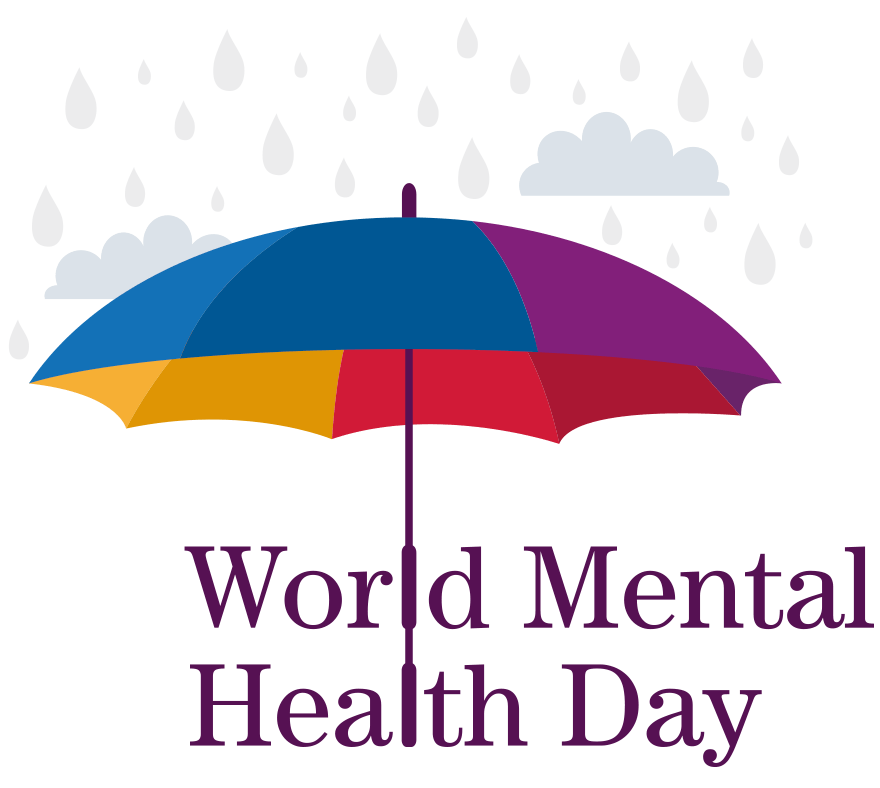When it comes to first aiders, employers often overlook mental health.
And yet, some bigger businesses employ mental health first aiders with the sole purpose of looking after staff wellbeing.
But is this a requirement? And, who should you train to be a first aider?
Mental health first aiders
Are they are a legal requirement?
In short—no, it’s not a legal requirement to have mental health first aiders. However, you are legally required to ensure the health, safety and welfare of all employees. This includes their mental health.
The Health and Safety Executive (HSE) has updated its first aid guidance. It now states that companies should consider ways to “manage mental ill health in your workplace which are appropriate for your business.” This can include actions such as:
- Providing information or training for managers and employees,
- Employing occupational health professionals,
- Appointing mental health trained first aiders and
- Implementing employee support programmes (EAP)
Who can train as a first aider?
Anyone can train as a mental health first aider. It’s generally a two-day qualification designed to teach individuals how to spot the symptoms of mental illness. The course should offer initial help, much like providing physical first aid. Mental health first aiders are then able to guide people towards additional support. This support might be through your existing EAP or speaking to their GP for treatment through the NHS.
Training employees to become mental health first aiders is beneficial in promoting awareness of mental health. This can, in turn, reduce the stigma. All employees can benefit from attending mental health awareness courses. These don’t necessary come with a qualification, but will touch on the causes of ill mental health, triggers and how they can be identified. This training should not be expected to replace professional help.
How else can I manage mental health in my workplace?
Training is not the only way that employee mental health should be tackled by your organisation. Existing wellbeing policies should also have a section on mental health. You should distribute information on how your organisation support employees with mental health issues.
Should you require further information relating to enabling your staff to gain access to an EAP advice line, we are able to assist. Our EAP service provides competent support covering a wide range of topics, including:
- Stress and anxiety
- Depression
- Family issues
- Financial and tax issues
- Legal issue
- Bereavement
What do I do if an employee is suffering now?
If you have an employee that is currently struggling with work-related stress, a stress risk assessment needs to be completed. Currently, there is no requirement to report work related stress absences under RIDDOR. However, there are a number of industries that are recording the absences as best practice and for bench marking purposes (such as the NHS for example).
The HSE have produced a comprehensive step by step work book
Expert support
For further information on how to complete a stress risk assessment please call us and we can assist with completing the work-related stress risk assessment. We can also support you with any other health & safety query you might have. Simply call us to speak to an expert on 01455 858 132.
For further information on our employee assistance programme, visit our page.
Related resources
Categories
- Business Advice
- Contracts & Documentation
- Culture & Performance
- Disciplinary & Grievances
- Dismissals & Conduct
- Employee Conduct
- Employment Law
- End of Contract
- Equality & Discrimination
- Health & Safety
- Hiring & Managing
- Leave & Absence
- Managing Health & Safety
- Moving
- Occupational Health
- Pay & Benefits
- Recruitment
- Risk & Welfare




